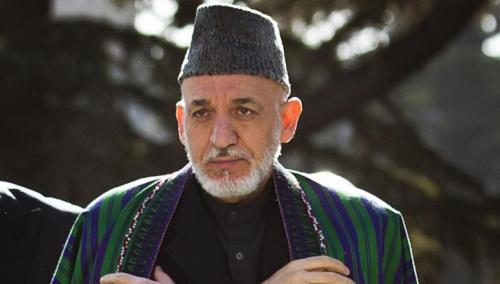A panel comprising the People’s Assembly (PA) planning and budget committee as well as the economic committee agreed in an emergency meeting Wednesday to request a formal investigation from Prime Minister Ahmed Nazif and Minister of Investment Mahmoud Mohieldin regarding the sale of Banque Du Caire, according to a statement released to the press.
The government announced that it will take about a year to sell the bank, amid reservations from members of the National Democratic Party as well as opposition MPs. They were concerned that foreigners would take over the banking sector and demanded limiting the sale to Egyptian investors.
The Cabinet recently unveiled plans to put 80 percent of Egypt’s third largest public-owned bank up for auction and float another 15 percent on the stock exchange no more than a year later.
The bank would have been sold sooner or later, the government delayed the announcement until it sold the Bank of Alexandria so as not to anger the public, said Kamal Ahmed, independent MP.
In the press release, Mostafa Bakry, independent MP, said the selling of this bank will bring back the concept of foreign privileges.
In September 2007, the government announced it would merge Banque Du Caire with Banque Misr, but that would have added more pressure on Banque Misr’s balance sheet and cash flow. The government decided to privatize Banque Du Caire instead.
Finance Minister Youssef Boutros Ghali defended the government s decision to sell the bank, saying that the government is relying on the opinion of experts who confirmed that the bank cannot continue on its own. They recommended a merger or the sale of the bank.
Ghali explained, At first, we chose to merge Banque Du Caire with Bank Misr. However, after analysis, we realized that the branches of both banks are in close proximity, which means we would either have to shut down these branches or let them negatively effect Bank Misr’s operations.
We asked experts and they said that merging these branches, licensing and branding them according to Bank Misr would cost LE 13-14 billion.
It would cost LE 9 billion to restructure Bank Misr, so not merging it would save this amount, which will then go to increasing its capital as well as expanding and improving services to customers.
Ghali also added that the government was transparent in making its decision, unlike what some prosecutors have claimed. He also said that it will take a year to sell the bank, in which time they will work with consultants and keep the public informed about the selling process.
Ghaley explained that they will follow the same model they did when selling the Bank of Alexandria, highlighting that 20 potential buyers were interested in buying the Bank of Alexandria but only four were chosen after studies conducted by the Central Bank of Egypt.
The MPs said that LE 12 billion of the Bank Misr’s capital was wasted by granting loans without collateral to businessmen who later smuggled the money outside the country.
Mohamed Farid Ismail, a Muslim Brotherhood MP, said that he does oppose privatization, but there has to be transparency in the privatization process.
For his part, Minister of Investment Mahmoud Mohieldin said, We know that there is someone who is anticipating evil in this country, but we are making sure the sale does not interfere with national security. Just because we are selling a bank or a company, it does not mean we are selling the country.
Zakaria Azmy, NDP MP, said, The government is the reason behind this conflict, it is still not convinced with preparing the public [for this kind of decision].
Tarek Amer, deputy governor of the CBE, assured foreigner investors owning a number of banks does not mean that the finance system is out of control. If a foreign bank dares to play with the local market then the law allows us to overrule it or change its administration, he said.
Amer objected to the claim that says foreign banks do not contribute in local investments, and gave cited the Swiss Bank, which funded projects worth LE 8,700 billion during the past two years.


